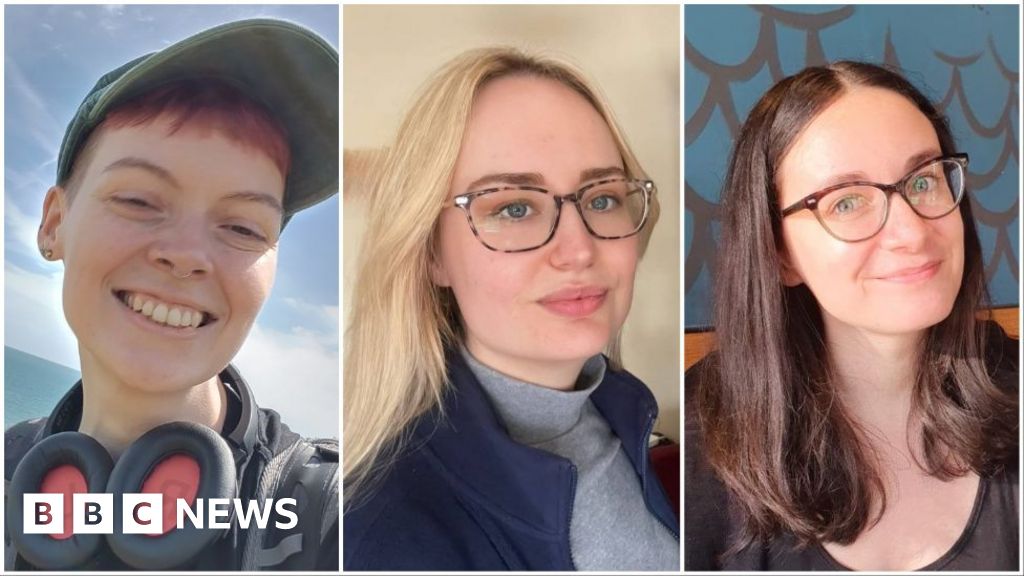Privacy Under Surveillance: Mental Health Patients Demand Removal of Controversial Oxevision Cameras

Privacy Concerns Emerge: Mental Health Patients Raise Alarm Over Unauthorized Camera Surveillance
A growing number of former mental health patients are expressing deep concerns about the potential misuse of camera surveillance within healthcare facilities. These individuals argue that video monitoring is being implemented without their explicit, informed consent, raising critical questions about patient privacy and autonomy.
Patients report feeling increasingly vulnerable and uncomfortable with what they perceive as invasive monitoring practices. Many describe the constant camera presence as an additional source of anxiety, potentially undermining their mental health recovery process. The lack of transparent communication about surveillance methods has further fueled their apprehensions.
Mental health advocates are calling for clearer guidelines and stricter protocols regarding camera usage in treatment settings. They emphasize the importance of patient consent, arguing that individuals seeking mental health support should feel safe and respected, not constantly observed without understanding the full scope of surveillance.
Healthcare institutions are being urged to develop comprehensive policies that balance security needs with patient privacy rights. This includes providing clear explanations about camera placement, purpose, and data management, ensuring that patients are fully informed and can make autonomous decisions about their personal boundaries.
As this debate continues, the core issue remains: how can healthcare facilities maintain safety and security while preserving the dignity and trust of those seeking mental health support?
